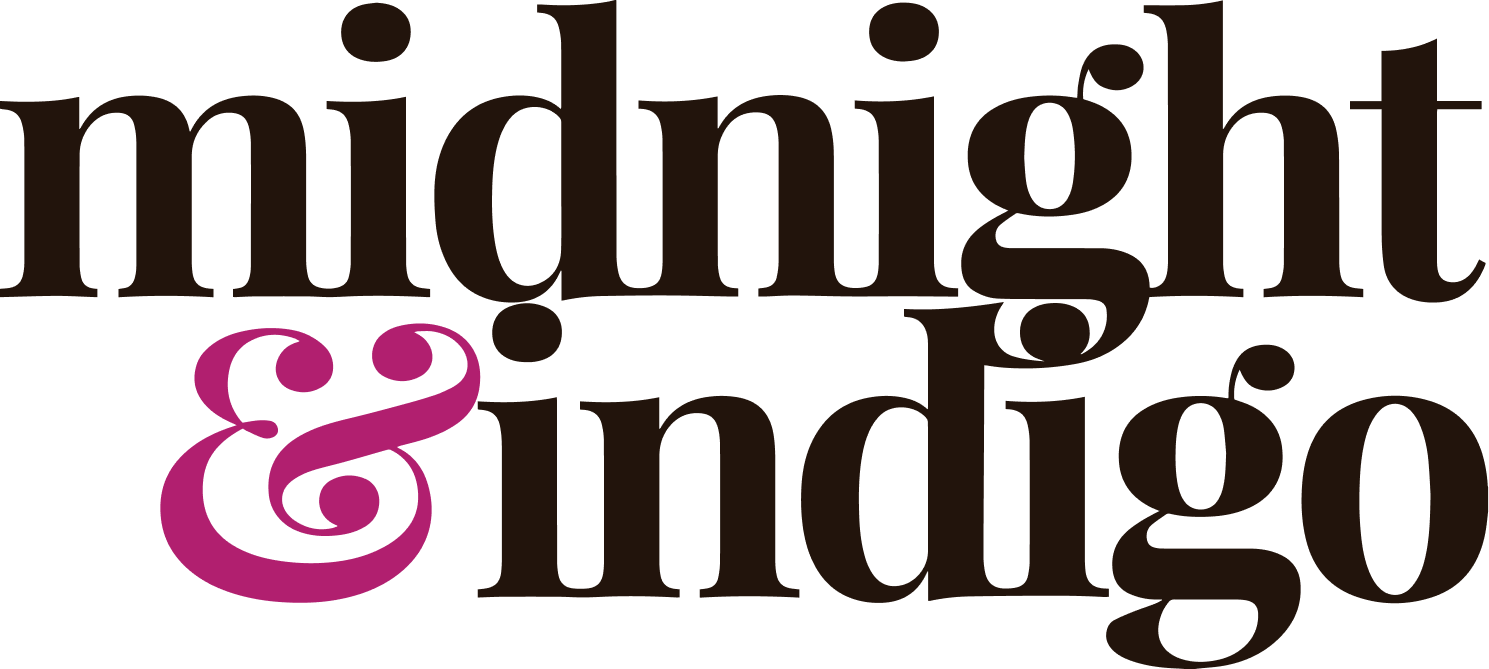Brianna Bembry is a Black woman writer and peer mentor currently based in Columbia, South Carolina, though her home and heart is in Brooklyn, New York. She holds a B.A. in Feminist, Gender & Sexuality Studies and Education Studies from Wesleyan University.
Brianna’s writing is moved by Black feminist (re)tellings and (re)imaginings of history; she is particularly interested in turning away from traditional means of research and representation, looking instead to what empirical work cannot always access – memory, feeling, and narrative – to uncover the truths about the past and present. Her culminating work as an undergrad, “Fatal Narratives,” blends creative nonfiction with academic theory and uses criminal cases of “mad, Black woman” as her guide to troubling social meanings of madness and sanity.
Brianna is now nursing a new passion for bookmaking; she has recently printed and bound together a lyrical essay entitled “Conduits,” an exploration of memory and time as portals, set against the backdrop of a childhood shaped by the love and grief of two West Indian women.

